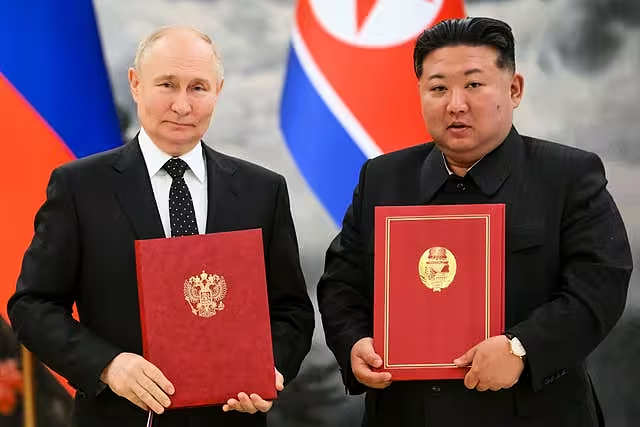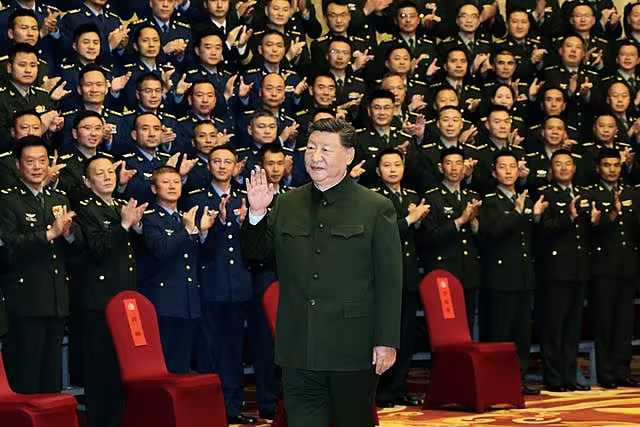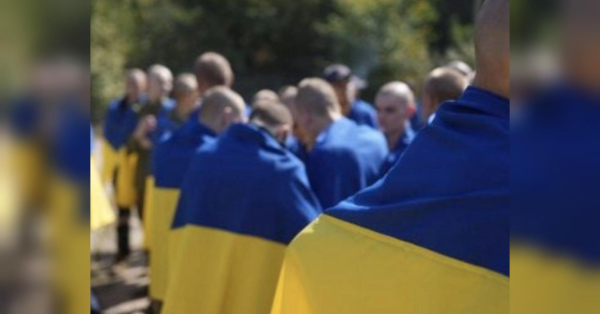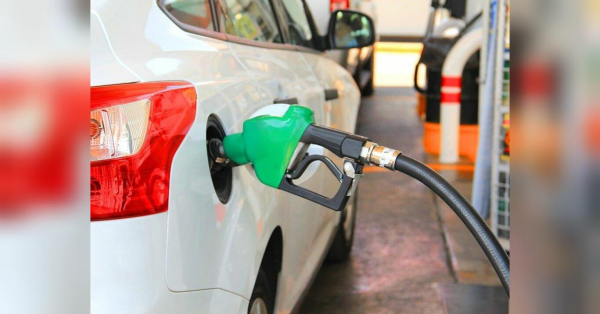
North Korean leader Kim Jong-un will visit China next week for the first time in six years to attend a military parade, officials from both countries have confirmed.
The event will be the first time since he came to power in late 2011 that the North Korean leader will be among numerous heads of state.
Russian President Vladimir Putin's presence at the ceremony will underscore the trilateral unity of Beijing, Moscow and Pyongyang amid U.S. efforts to strengthen alliances with Seoul and Tokyo.

According to official North Korean media reports, Kim's invitation came from Chinese leader Xi Jinping.
The Chinese Foreign Ministry clarified that the head of the DPRK will be among the 26 foreign guests at the Beijing parade on Wednesday, dedicated to the 80th anniversary of the end of World War II and China's victory over Japanese aggression.
“We warmly welcome Comrade Kim Jong-un to the commemorative events in China,” said Chinese Assistant Foreign Minister Hong Lei.
“Preserving and developing the traditional Chinese-North Korean friendship remains the unchanged position of the CPC and the Chinese government.”
DPRK is the official name of North Korea.
Since coming to power in December 2011, Kim Jong-un has held meetings with Xi Jinping, Vladimir Putin, former US President Donald Trump and former South Korean leader Moon Jae-in.
However, all these negotiations were bilateral in nature, without the participation of the DPRK leader in multilateral forums.
“Given the pro-Russian and pro-Chinese orientation of most of the participants, Kim’s visit could demonstrate solidarity with the countries of the global South and confirm his status as a full-fledged leader,” commented Moon Seong-mook of the Seoul Institute for National Strategy.
Experts note that expanding cooperation with Russia helps Pyongyang mitigate the effects of sanctions and overcome diplomatic isolation.
The DPRK supplies military resources to support Russia's actions in Ukraine, receiving economic and military-technical assistance in return.
Among those invited to the parade are the leaders of Iran, Belarus, Serbia, Cuba, Indonesia, Myanmar, Pakistan and Malaysia.
Representatives from Western countries, including the United States, are likely absent due to disagreements with Moscow over the Ukrainian issue.
A demonstration of the latest Chinese weapons and a speech by Xi Jinping are expected.
Despite their common opposition to the United States, China, North Korea and Russia have not yet managed to formalize a trilateral alliance.
Trilateral meetings between Xi, Putin and Kim have not been held before, although bilateral contacts have been held between them.
“The visit is important both for Kim's international status and for the balance of power in the US-China standoff,” said former CIA analyst Su Kim.
“The joint presence of the three leaders clearly demonstrates their rapprochement.”
They are likely united by a desire to counter the growing alliance of the United States, South Korea and Japan, which is conducting joint exercises.
Prospects for further strengthening of ties between Beijing, Pyongyang and Moscow remain uncertain.
China continues to be a key importer of Russian oil and supplier of technology, while formally remaining neutral in the conflict.
Despite its historical role as North Korea's main trading partner, China-North Korea relations have been tense in recent years.
Chinese group tours to the DPRK have remained frozen for several years.
Kim's visit may be linked to attempts to renew dialogue with Donald Trump, who has repeatedly expressed interest in negotiations.
From 2018 to 2019, the DPRK leader visited China four times to meet with Xi Jinping.
The first and last visits coincided with key negotiations with Trump on nuclear issues.
“Despite the complications in relations due to cooperation with Russia, China's support remains critical for Pyongyang,” said Leif-Erik Easley of Ewha Womans University.
“Participation in the Beijing parade strengthens Kim’s position ahead of possible negotiations with Trump,” the expert added.

At a meeting with South Korean President Lee Jae-myung in Washington, Trump recalled his previous meeting with Kim in the demilitarized zone.
“I loved it there. Remember when I crossed the border? It was unforgettable,” the former US president responded to a question about a possible return to the DMZ.
Analysts believe that the DPRK may return to negotiations subject to significant concessions from the United States.
Despite the current focus on relations with Russia, Pyongyang is expected to take steps to normalize ties with Beijing.
The prospects for long-term cooperation between the DPRK and Moscow after the end of the Ukrainian conflict remain in question.
According to Chinese data, in 2023, 97% of the DPRK's foreign trade turnover was with China, while only 1.2% was with Russia.
“Kim is likely seeking to secure resources for the large-scale celebrations of the 80th anniversary of the Workers' Party and the upcoming party congress,” said Chung Sung-chan of the Sejong Institute.
Sourse: breakingnews.ie






